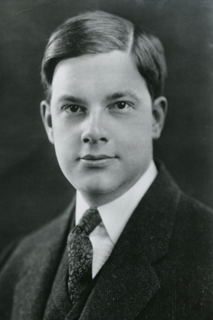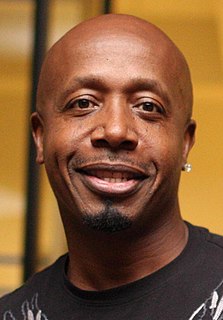A Quote by Richard Eberhart
Poems in a way are spells against death. They are milestones, to see where you were then from where you are now.
Related Quotes
As a sick kid, I always looked out the window. The objects of my observation were the sun, the seasons, the wind, crazy people, and my grandfather's death. During my long period of observation, I felt that something like poems were filling up my body. They were in some kind of state and condition that made them difficult to render into words. As a university student, I tried hard to write them in Korean. It was at that time that I foresaw my death and the world's death. I think my poems started at that time.
I wrote the poems in Charms Against Lightning one by one, over almost a decade, and I did not write them toward any theme or narrative. But once I really got serious about putting together a book, I began to see that in fact there were themes across the poems, if only because my own obsessions had brought me back time and again to the same ground. I realized that any ordering of the poems would determine how those themes developed over the manuscript, and how the collection's dramatic conflicts were resolved.
And in me too the wave rises. It swells; it arches its back. I am aware once more of a new desire, something rising beneath me like the proud horse whose rider first spurs and then pulls him back. What enemy do we now perceive advancing against us, you whom I ride now, as we stand pawing this stretch of pavement? It is death. Death is the enemy. It is death against whom I ride with my spear couched and my hair flying back like a young man's, like Percival's, when he galloped in India. I strike spurs into my horse. Against you I will fling myself, unvanquished and unyielding, O Death!
So what rhyming poems do is they take all these nearby sound curves and remind you that they first existed that way in your brain. Before they meant something specific, they had a shape and a way of being said. And now, yes, gloom and broom are floating fifty miles away from each other in you mind because they refer to different notions, but they're cheek-by-jowl as far as your tongue is concerned. And that's what a poem does. Poems match sounds up the way you matched them when you were a tiny kid, using that detachable front phoneme.
There is a greater darkness than the one we fight. It is the darkness of the soul that has lost its way. The war we fight is not against powers and principalities, it is against chaos and despair. Greater than the death of flesh is the death of hope, the death of dreams. Against this peril we can never surrender.
Syllogisms ? la mode - If you are against labor racketeers, then you are against the working man. If you are against demagogues, then you are against democracy. If you are against Christianity, then you are against God. If you are against trying a can of Old Dr. Quack's Cancer Salve, then you are in favor of letting Uncle Julius die.
Fashion is not just about trends. It's about political history. You can trace it from the ancient Romans to probably until the '80s, and you can see defining moments that were due either to revolutions or changes in politics. At the end of the Roman era, there was this whole move against togas, because that was the signifier of the Roman Empire. In the same way, the '60s were a reaction against the '50s and so on. But now we've been feeding on a sort of cadaver. At the moment, we're just endlessly recycling the past.
If you watch the award shows, you'll see variations of the hammer pants. It's always cool to see that and then every now and then, you'll see an artist who's pushing the envelope and it may not be all the way there but you can see where it's coming from. I'm always appreciative of seeing my influence.
These boys, now, were living as we'd been living then, they were growing up with a rush and their heads bumped abruptly against the low ceiling of their actual possibilities. They were filled with rage. All they really knew were two darknesses, the darkness of their lives, which were now closing in on them, and the darkness of the movies, which had blinded them to that other darkness, and in which they now, vindictively, dreamed, at once more together than they were at any other time, and more alone.





































